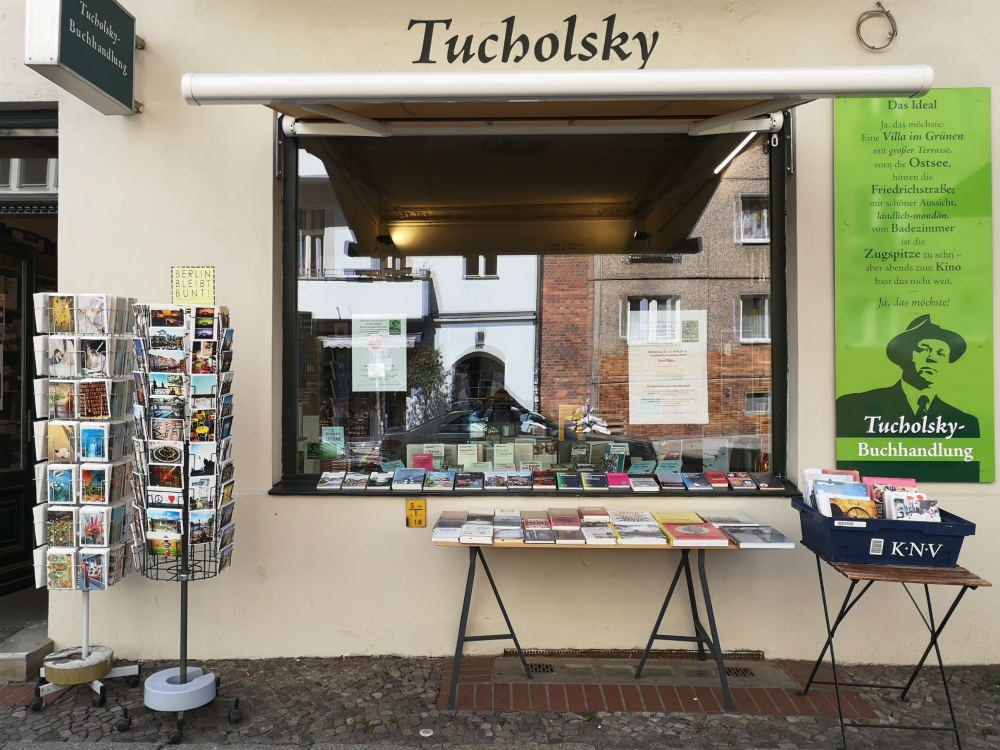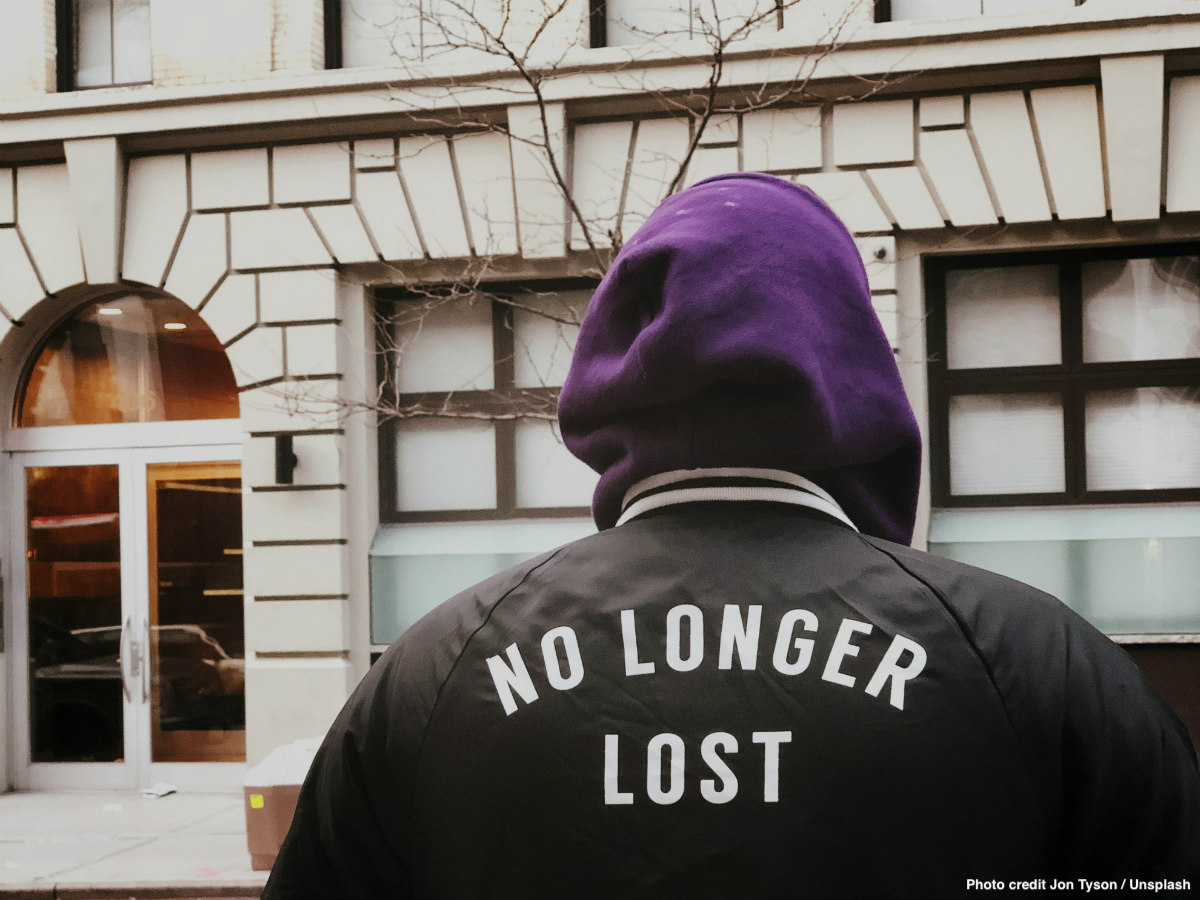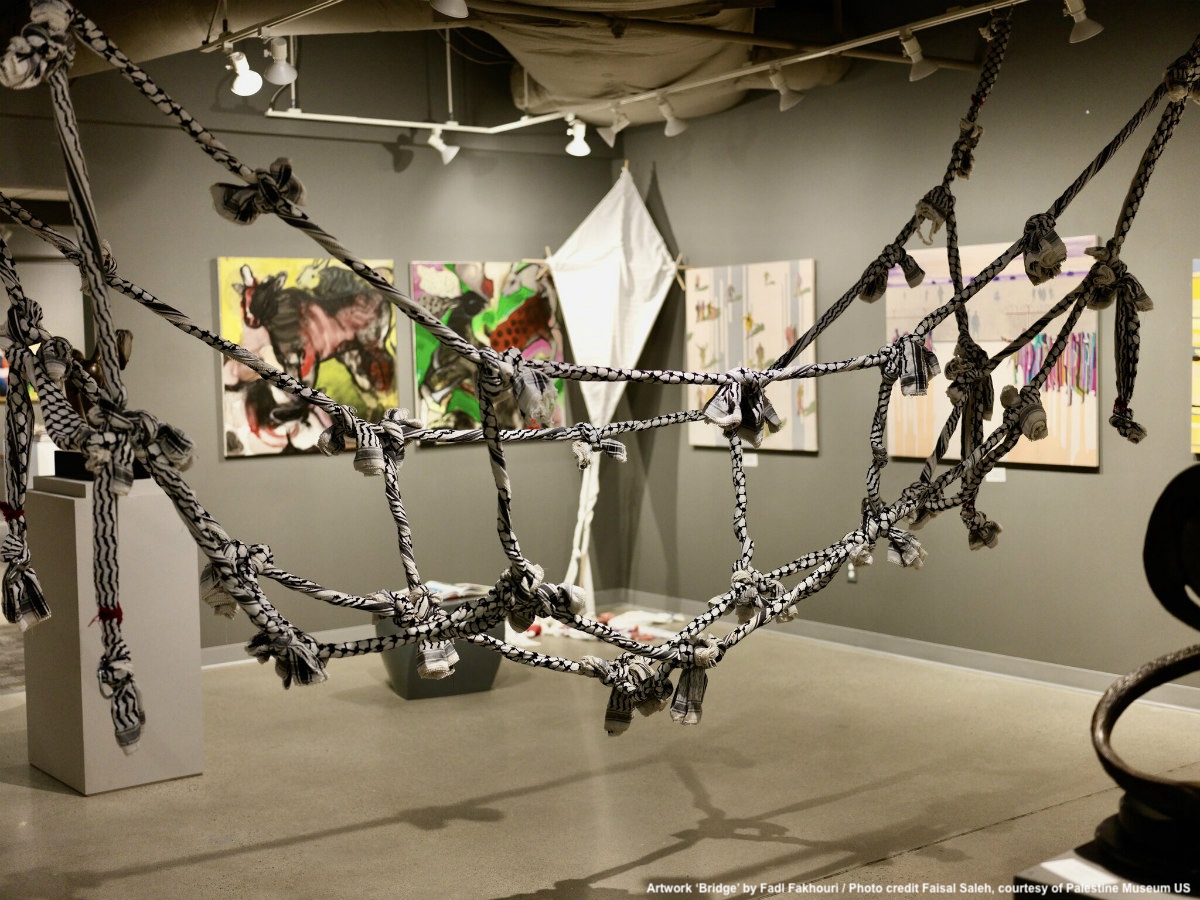The Tucholsky bookstore in Berlin sells more than just books. Over the years, its owner, Jörg Braunsdorf, has created a community around culture for neighbours and regular customers who meet at the bookstore periodically. Culture has energized a collective force with the civil courage to face up to the far right in their neighbourhood towards a more democratic city.
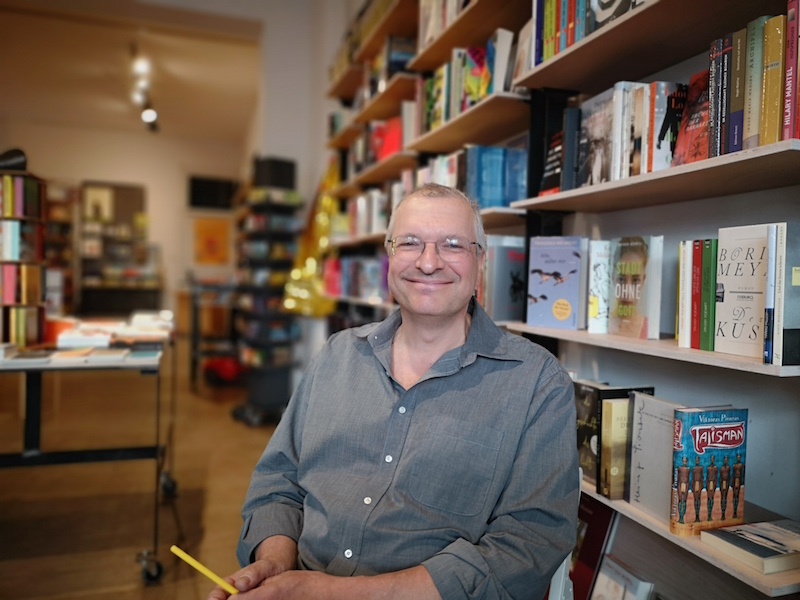
Braunsdorf organizes around 50 to 70 events yearly and open to everyone. Most of them are cultural events including book presentations and book authors’ readings but also community meetings to discuss and try to find solutions to complex problems like gentrification in the neighbourhood or the rising of anti-Semitism. The latter has become a visible problem in the last years where demonstrations of neo-Nazis marched in a provocative way through this former Jewish neighbourhood and in front of Tucholsky bookstore’s door.
He decided to intervene. He contacted his bookstore community and asked them to take a stand together. They met and came up with the idea to found an association called ‘Anwohnerinitiative für Zivilcourage – gegen Rechts’ (translated ‘Residents’ Initiative for Civil Courage – Against Far Right’) which is dealing with initiatives to target racism and anti-Semitism in their neighbourhood.
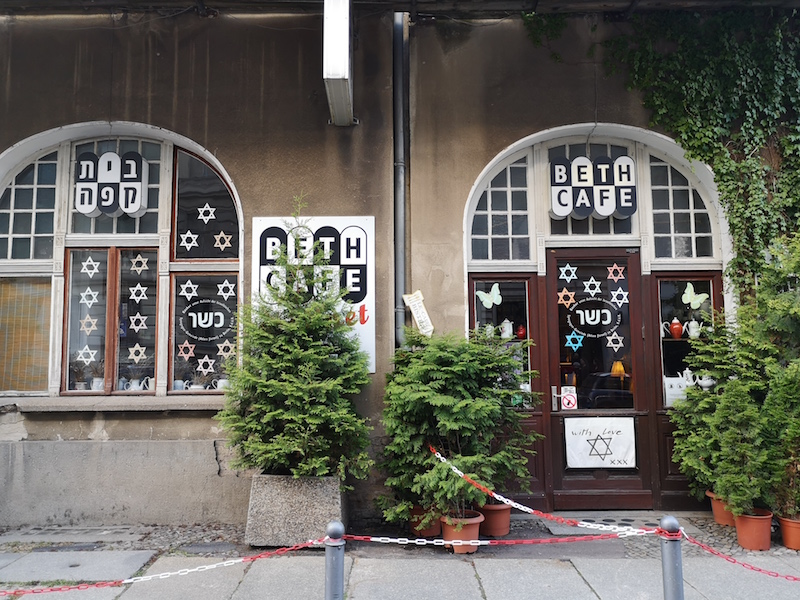
‘We, neighbours, were looking at those demonstrations and thought the same: enough is enough. There was a natural willingness to come together. So we have been protesting along the Neo-Nazi marchers’ route against them. It is the collective power to confront them was what gave us the courage’, explains Jörg. But culture also played its part because it empowers people.
Reading books expands people’s minds and develops ‘critical thinking’. Culture is a powerful weapon to persuade someone to reconsider his/her beliefs or political perspectives. Booksellers and bookstores, those essential bricks-and-mortar outposts of our literary culture, have a bigger role to play in our streets, in our cities, than just selling books.
As Paul Krugman said, ‘you can shop online and find whatever you’re looking for, but bookstores are where you find what you weren’t looking for’. Bookstores are far from mainstream algorithms that sympathize with users’ beliefs and tell them what they want to read; booksellers build relationships with people through conversations and help them find those other uncomfortable, inconvenient voices or views of pioneering minds which may allow them to reconsider their positions.
At the Tucholsky bookstore Jörg Braunsdorf has a good selection of literary works, fiction books and children’s books from various German independent publishers, whose existence and activities largely contribute to the cultural diversity in Germany.
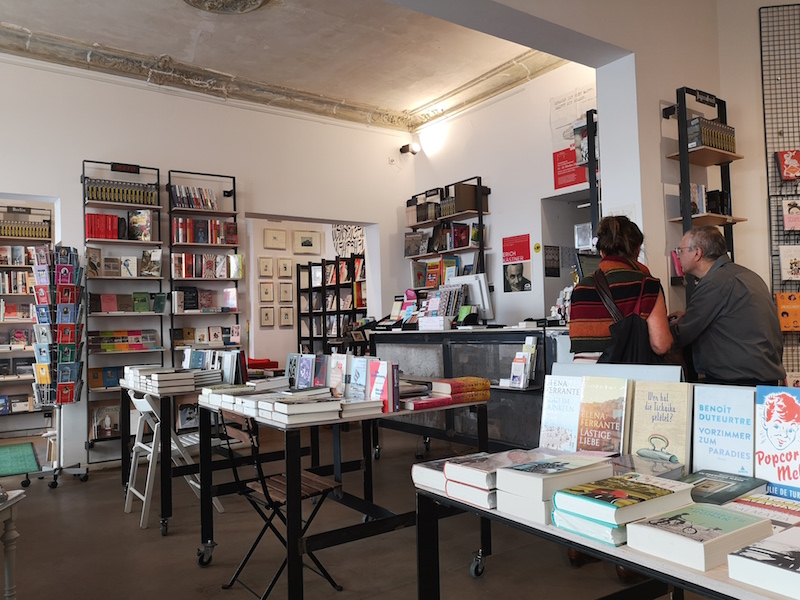
In fact independent publishers in Germany survive because they have built an alliance with small bookstores like Tucholsky, which take all their new publications. They are all run by the same philosophy of not only achieving high sale numbers but rather focus on the social value. It is their commitment to counter balance an intellectual monoculture.
If bookstores are essential pillars to ensure that cultural diversity with different views and opinions, what about including on their shelves those of the ones marching through Tucholsky’s neighbourhood?
Jörg Braunsdorf is a big supporter of the movement #VerlagegegenRechts (#publishersagainstracism) because it is incomprehensible to him that so many who work in our book industry continue to not position themselves, let alone engage.
The well-known Lehmkuhl bookstore in Munich was in dire straits last year when the columnist Margarete Stokowski, author of ‘Untenrum frei’, cancelled her reading at the bookstore due to the fact that at Lehmkuhl you can also find books from Antaios publisher, which serves also far right wing views. The bookstore’s explanation was that people need to read right-wing literature in order to discuss rights.
The “Publishing against the Right” campaign in Germany argues that right-wing demagogues and inciters hide behind the argument of freedom of expression while what happens is that the right-wing slogans get a stage and we can only watch while they hold their position for the mainstream. They say: ‘analysis yes, understanding no!’
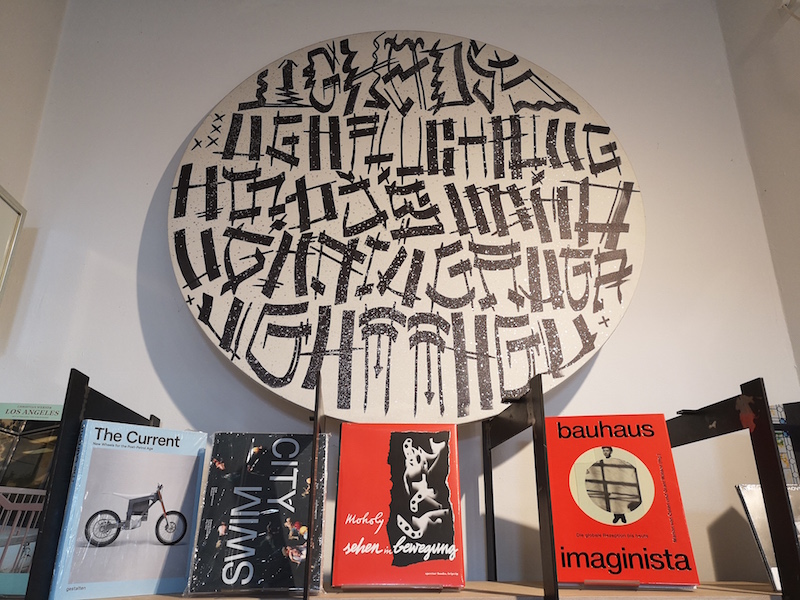
Some neighbours in cities are still in mourning because their own local booksellers closed their doors. All of us, though, should be worry about the future of our cities, if those essential bricks-and-mortar pillars of our literary culture would disappear.
If we don’t create an off-line discussion on our streets at bookstores or any other public space outside the mainstream, we face the danger of an ‘intellectual monoculture’ that could lead to undemocratic cities.
But there is a glimmer of hope for our cities even if it has become increasingly difficult to run a book business in the heart of high-cost cities. Small bricks-and-mortar bookstores are coming back to our streets hoping for the willingness of customers to acknowledge the importance of their role.
